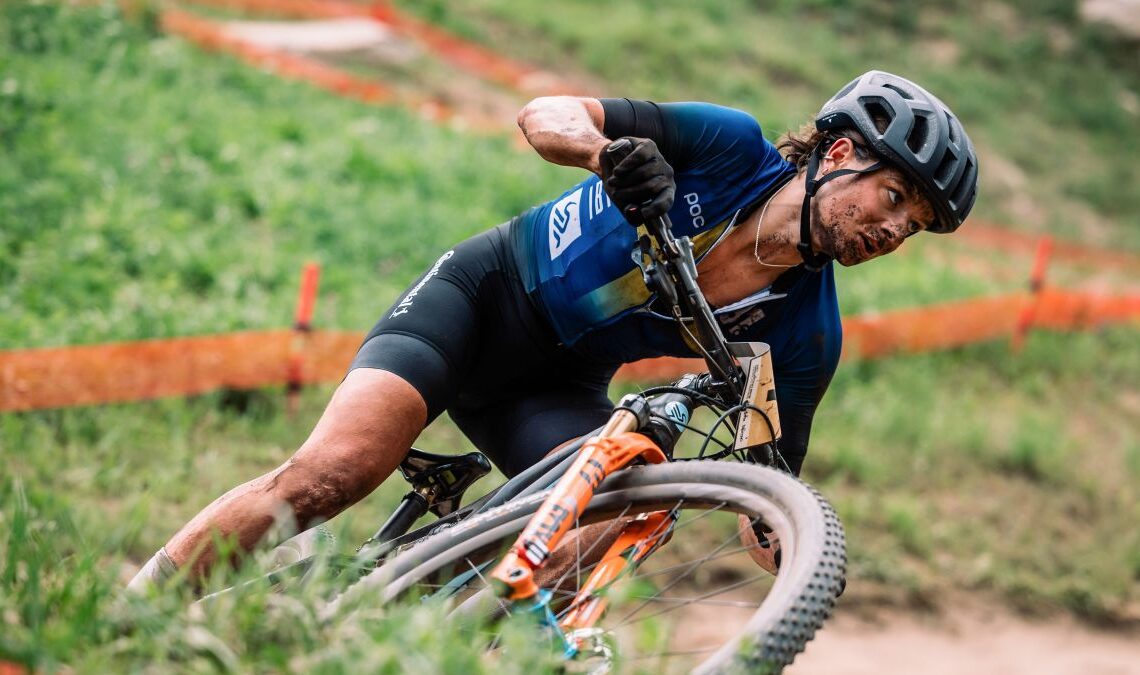Swedish rider Jenny Rissveds, one of the most recognizable athletes in cycling, has swapped her mountain bike for a road bike and is currently leading a young Team Coop-Hitec Product among the world-class peloton competing at the Tour de France Femmes avec Zwift.
The 2016 Olympic Champion in the cross country mountain biking event aims to carry her best form into the first-ever combined Glasgow World Championships, where she would like to compete in the elite women’s cross country on August 12 at Glentress Forest and road race on August 13 in Glasgow. The 29-year-old’s double-disciple goals continue beyond Worlds as she attempts to qualify for both mountain bike and road events at the Paris Olympics next summer.
“What inspires me with road racing is that you work as a team and toward a common goal, and I think that’s very inspiring and motivating,” Rissveds said in an interview in Clermont-Ferrand at Tour de France Femmes.
“It’s good training for mountain biking, and more people could benefit from doing more disciplines. It’s a nice and fun experience and good training.”
Pressure
Jenny Rissveds atop the Olympic podium in 2016
Seven years ago, at 22 years old, Rissveds reached what many consider the height of athletic achievement as she raced across the finish line with a commanding lead to capture the gold medal at the 2016 Olympic Games in Rio de Janeiro.
Riding into the Deodoro Pentathlon Park unchallenged after a battle for the gold against Poland’s Maja Wloszczowska, Rissveds’ performance was a display of power, strength and control for the 1:30 it took to her to ride away with the sport’s top prize.
Following that remarkable performance, Rissveds’ day-to-day life quickly became public, thrust into the limelight as the sporting world – media and fans – celebrated her success. On the inside, however, her personal life began to show signs of strain under the pressures of being a recognizable figure. Thinking back on that time, she felt she wasn’t given the tools to handle how her life would change after winning the Olympics.
A disagreement with the Swedish Cycling Federation and pressure from the media, combined with two losses in her family, she struggled with depression and an eating disorder; within a year of winning the Olympic gold medal, the fastest-rising talent in cycling left the sport.
“I had mental health problems. It was everything. I won the Olympics in Rio, and after that, I think pressure from outside and media and…
Click Here to Read the Full Original Article at CyclingNews RSS Feed…

